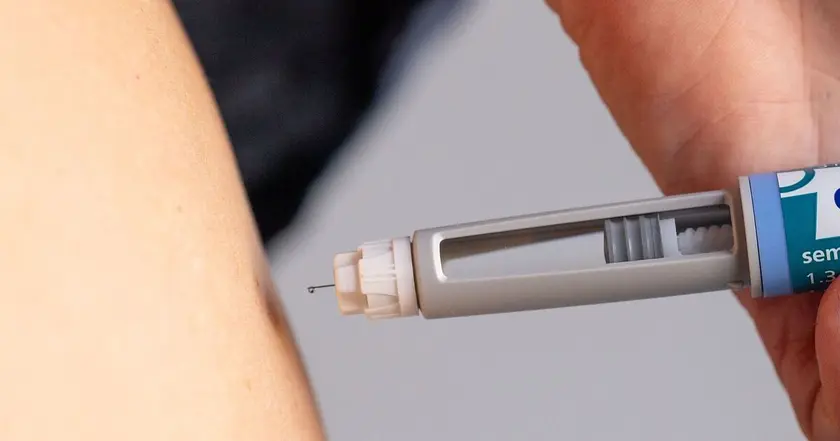T4K3.news
Weight loss drugs show weight regain after stopping
New findings show most people regain weight within months after stopping Ozempic or Mounjaro, prompting calls for long term care planning.

A new study examines what happens to body weight after stopping popular weight loss drugs like Ozempic and Mounjaro.
Weight loss drugs show weight regain after stopping
A study on Science Daily pools data from 11 global studies and more than 2,400 participants to examine what happens when anti obesity medications are stopped. It finds that these drugs can produce substantial weight loss while used, but many people regain weight after stopping. Regain often begins around eight weeks after the end of treatment and can continue for about 20 weeks before stabilizing. The amount of regain varies by drug; in one example, a 36 week course of tirzepatide led to nearly half the lost weight returning after switching to placebo. The study also notes that weight regain has been observed with other methods like gastric bypass.
Officials from drug makers emphasize that these medications should be part of a broader plan that includes diet and physical activity, under medical supervision. Ozempic is not approved for weight loss and Mounjaro has been rolled out on the NHS in Britain. The message from manufacturers is clear: obesity is a chronic condition that requires long term management, not a quick fix.
Key Takeaways
"Results from the STEP clinical trials demonstrate that weight regain is likely once medication is stopped."
Directly quoted from Novo Nordisk on stopping medication
"Weight regain started eight weeks after stopping and continued for an average of 20 weeks."
Study summary describing timing of regain
"Once weekly weight loss medications should be taken in addition to diet and physical activity as per the license."
Official guidance from Novo Nordisk
"Clinical experts consulted by Novo Nordisk view obesity as a chronic disease that should be managed similar to other long-term health conditions such as diabetes and hypertension."
Policy framing on obesity as chronic disease
The findings highlight a tension at the heart of modern obesity care. Drugs can jumpstart weight loss, but they are not a permanent solution. This reinforces the case for treating obesity as a chronic disease that demands sustained lifestyle support, ongoing medical oversight, and clear plans for when treatment ends. It also raises questions about access and cost, since long term use may be necessary for some patients. Policymakers and health systems will need to balance affordability with the need for comprehensive care that goes beyond pills.
Highlights
- Weight loss meds are a tool not a cure
- Obesity is a chronic journey not a quick fix
- A good plan lasts longer than a prescription
- Long term care means more than a weekly injection
Public health and policy implications
The discussion touches on budgetary considerations for long term treatment, access to medications, and potential public reaction to pricing and NHS rollout. These areas could become points of controversy or political debate.
Long term obesity care requires more than pills; it needs sustained support and clear medical direction.
Enjoyed this? Let your friends know!
Related News

Weight regain observed after fat jab treatment ends

Growing panic among Mounjaro users due to shortages

Weight loss injections gain popularity in treatment

New guidelines issued for weight loss drug patients

NHS urged to support patients after obesity treatment

Weight-loss drugs linked to increased eating disorders in the US

Rise in cosmetic surgery linked to Ozempic use

Teens weight loss injections raise safety concerns
